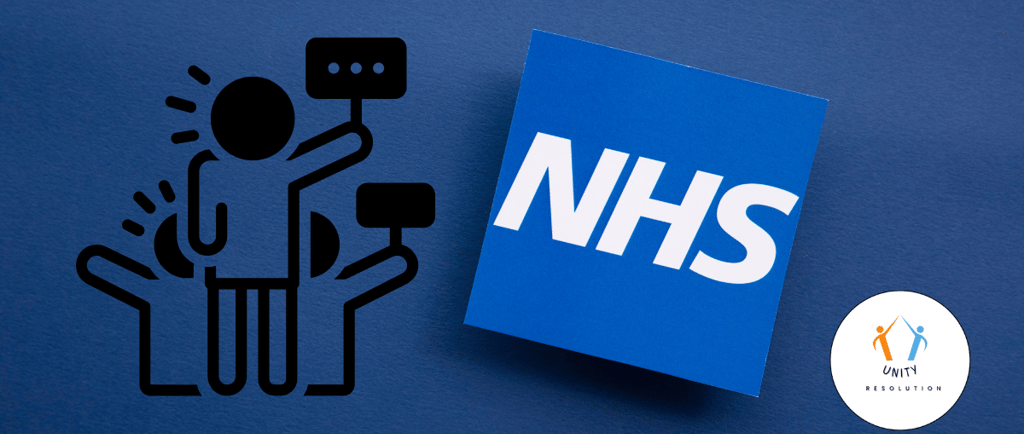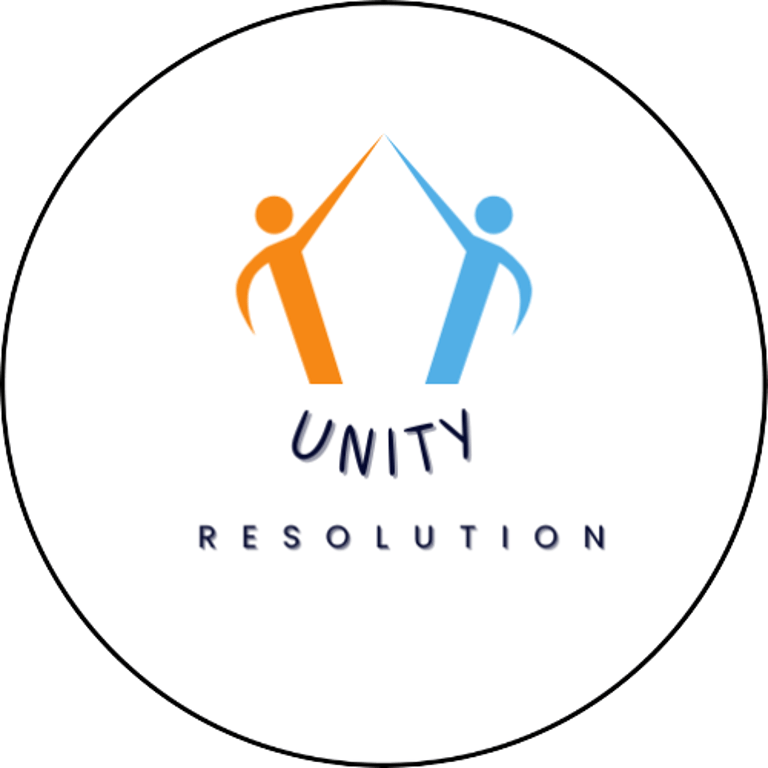What the Resident Doctors’ Strike Teaches Us About Conflict and Mediation
When communication breaks down, conflict escalates and everyone pays the price. The recent resident doctors' strike shows how quickly negotiations can stall and how deeply those rifts can affect people and systems.
NHS
Lorraine Wynter
7/25/20252 min read


When talks break down, people strike. But when mediation steps in, there is the opportunity resets and restart conversations again.
The ongoing dispute between resident doctors and the UK government has become one of the most high-profile industrial stand-offs in recent history. At its heart, it's about pay, conditions, long-term sustainability of the NHS workforce and recognition. But beneath the headlines lies something deeper: a communication breakdown that’s left trust fractured, progress stall and real human impact.
And this is where mediation can and should play a greater role.
The Cost of Stalemates
Strikes are sometimes necessary. They give people a voice when other channels fail. But they also carry heavy consequences not just for those directly involved, but for the public, organisations, and relationships that suffer in the process.
In healthcare especially, the stakes are human. Postponed appointments, exhausted staff, frustrated patients, and mounting pressure on already stretched services.
Yet, in many disputes, it’s not the what that’s irreconcilable it’s the how. How people communicate. How decisions are made. How parties feel heard or dismissed.
This is exactly the space mediation is designed to address.
Mediation: A Way Back to the Table
Mediation isn’t about taking sides or proving who is right or wrong. It’s about creating a safe, confidential environment where both sides can express concerns, clarify misunderstandings, collobrate and begin moving forward.
In complex disputes like the resident doctors’ strike, mediation can:
Rebuild trust between parties
Shift the focus from blame to solution
Clarify what each side actually needs vs. what they demand
Prevent further escalation
Restore relationships
Repair reputation and public perception
And unlike drawn-out negotiations or adversarial tactics, mediation is timely, collaborative, and future-focused.
From Pressure to Progress
At Unity Resolution, we’ve seen the impact of mediation in deeply polarised settings between teams, in HR disputes, in public sector negotiations. The principles remain the same:
Listen fully
Speak respectfully
Focus forward
Mediation doesn’t erase disagreement. But it offers an off-ramp from further escalation, and a structured path toward resolution. Which is empowering to all parties involved.
Let’s Talk Before It Breaks Down
Whether you're facing a conflict in your workplace, team, or sector, we’re here to help. The earlier mediation is introduced, the more options everyone has, the sooner you can move forward with clarity.
Because conflict is inevitable. But how we handle it? That’s a choice.
Book a free consulation to learn more or get in touch.


